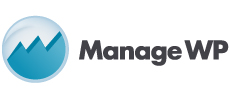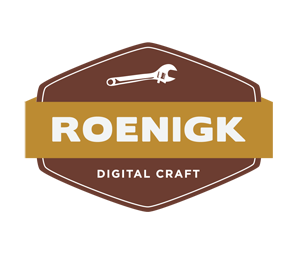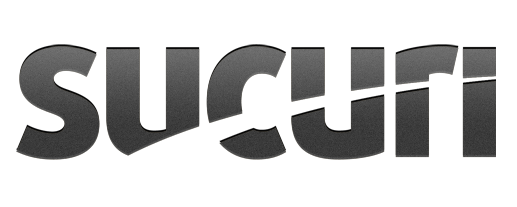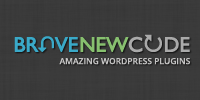In an age of social justice, social causes, and social media, the quintessential non-profit has to be a dependable source of constantly-changing information, spearheaded by tech-savvy people creating engaging content for blogs, print media, Facebook, Twitter, Flickr, YouTube, text messaging, and infinitely more.
The problem? How does the staff (if there is one) get the time and, more importantly, the energy to do all that when they’re, you know, busy trying to get a non-profit off the ground? On the other side of that same coin, how does a long-standing NPO inject itself into internet culture without immediately seeming stale and forceful? The general consensus seems to be that successful organizations such as charity:water simply blitzed social media, created a good-looking website, and magically blew up. Yet, most NPO’s will (or need to) face the fact that they don’t have the same perfect storm of passion, resources, and engaging content. How do you do the best you can with what you do have?
My answer: WordPress.
The incredible power of the WordPress platform combined with the easy-to-teach-and-use interface of the admin area allows you, as a developer or project manager, to start an NPO off on the right foot while allowing for scalability- not only in a website context, but in all forms of online media. My presentation on ‘Empowering NPO’s with WordPress’ would include such things as:
1. Using Custom Post Types to make web updates easy for clients
2. Using social plugins to help a NPO appropriately scale engagement in social media
3. Customizing the admin area with branding to give administrators the feeling of ‘ownership’
4. Using Custom Fields to allow for future extensibility of features, such as #5
5. Creating a native iOS application using RSS feeds from WordPress
6. Bottling the excitement of a NPO from the possibilities above and using it to spur them into further innovation
The last point is the best. When you’re able to consider the fact that you can not only code useful features for a NPO, but take the fear out of them being creative by building in extensible features that will deter the costs of future projects, you get clients who are:
1. Excited about their web presence
2. Excited about WordPress
3. Excited about the open-source community
4. Able to focus on what they do best
5. Excited to give you MORE future projects and refer you to others without hesitation
Everyone needs successful NPO’s to bring social justice to the world, and you, as a developer, need more work, more references, and more excited clients. And wouldn’t you like those same clients to be excited by WordPress?
















